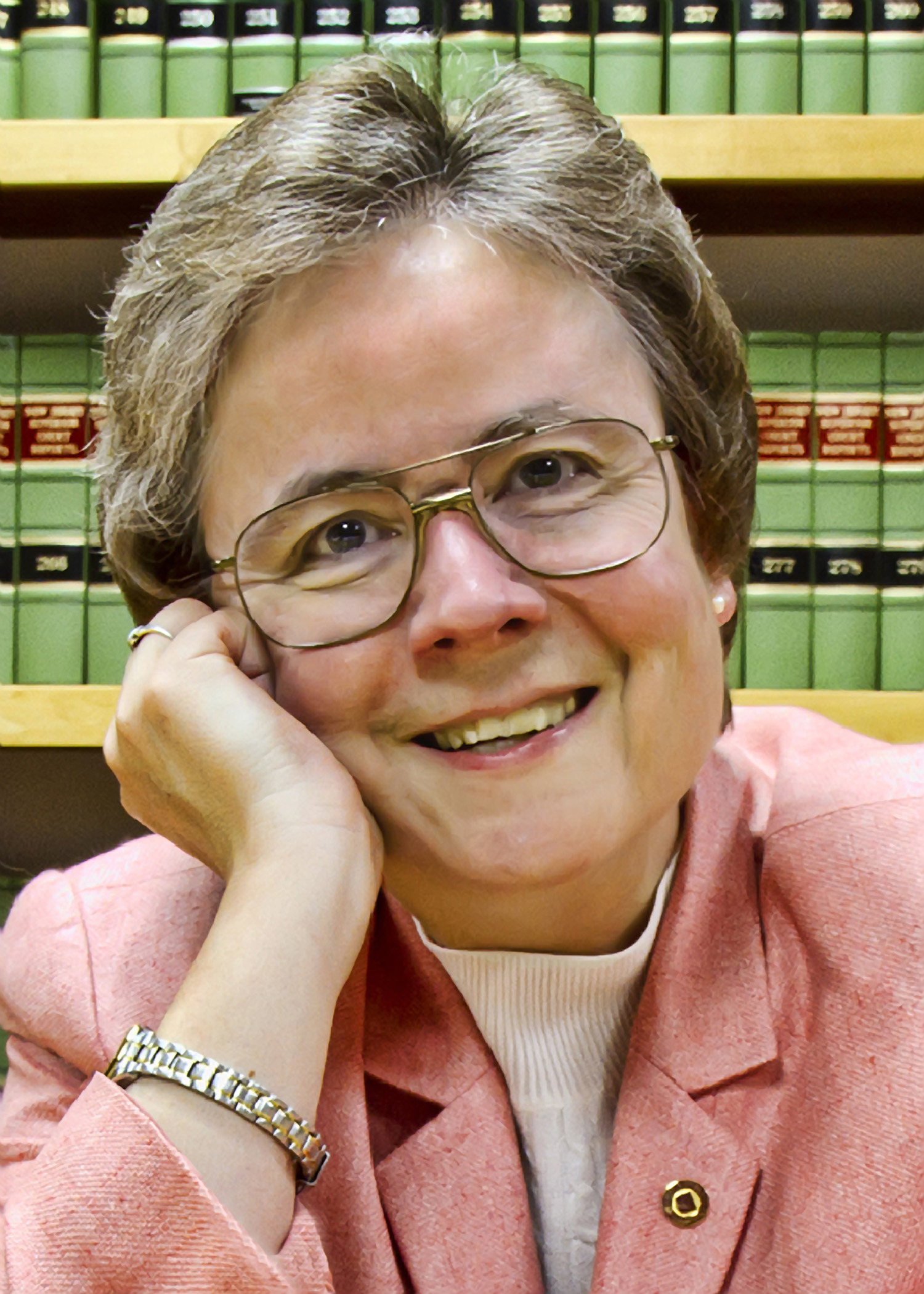It isn’t a secret that I love libraries! My love of libraries began early on. I can’t remember that first visit because I was really young, but I remember being proud that I already had a library card when my kindergarten class took a field trip to the library. I wish I could boast that being a librarian was what I always wanted to be, but that isn’t the case. It wasn’t until I was in college and starting my sophomore year that I realized I could turn my love of libraries into a career!
Fast forward to 2025, and I’ve been living my librarian dreams for over twenty years! Prior to coming to work at the Indiana State Library, I worked in various positions in two different library systems in Lake County. Now, as the Northwest regional coordinator for the Indiana State Library, I have the privilege of visiting the public libraries in the Northwest region. I have to tell you that public libraries all over Indiana are doing incredible things!
Libraries and library staff are the champions in their communities. Libraries are not just buildings that house books. Libraries are so much more! It was from my work in public libraries and my library visits that Tea Time with Librarians was born. I wanted a way for libraries to be able to brag, boast and shout to the world what they are doing. Tea Time with Librarians is an interview program that debuted in November 2024. The purpose of the program is to talk about all the amazing things that Indiana libraries and library staff are doing for their communities.
The Tea Time interviews are typically under 30 minutes, therefore not eligible for LEU’s. If you’re interested in being a guest on Tea Time, please send an email to me. You don’t have to be a librarian to participate.
Tea Time with Librarians episode guide
Episode one of Tea Time with Librarians features Kara Cleveland, Professional Development Office supervisor at the Indiana State Library. She talks about what the professional development office does, what State Library services she would like Indiana libraries to know more about and current projects she is working on. At the time of the interview, she was reading “Our Kind of Game” by Johanna Copeland. This episode was published to YouTube on Nov. 12, 2024. You can watch episode one here:
Episode Two of Tea Time with Librarians features Jennifer Clifton, Library Development Office supervisor at the Indiana State Library. She talks about what the Library Development Office does, discusses her “why” for working in libraries and what motivates her most in her position. At the time of the interview, she was reading “Best of Europe” by Rick Steves. This episode was published to YouTube on Dec. 10, 2024. You can watch episode two here:
Episode three of Tea Time with Librarians features Courtney Brown, Evergreen Indiana coordinator at the Indiana State Library. She discusses what she found to be surprising about her position, projects that she is excited about and the most rewarding part of her job. At the time of the interview, she was reading “Tell Me What You Did” by Carter Wilson. This episode was published to YouTube on Jan. 14. You can watch episode three here:
Episode four of Tea Time with Librarians features Jane Feyl, with Andrew Laverghetta, from the Eckhart Public Library. Feyl is a genealogy librarian at their Willennar Genealogy Center and Laverghetta is their tech guru. Feyl tells us about their Facebook shows, “Cemeteries of DeKalb” and “Memories of DeKalb.” Feyl and Laverghetta also discuss how other libraries can start similar shows. At the time of the interview, Feyl was reading “Dewey” by Vicki Myron, Laverghetta was reading the “Magic Tree House” books by Mary Pope Osborne with his child and I was listening to “Onyx Storm” by Rebecca Yarros and reading “The Beyond” by Agnes Stone. This episode was published to YouTube on Feb. 11. You can watch episode four here:
Episode five of Tea Time with Librarians features Judy Gray, supervisor of Talking Book and Braille Library at the Indiana State Library. She talks about all the wonderful services that Talking Book and Braille Library provides, what service she would like for Indiana libraries to know more about and what motivates her in her position. At the time of the interview, she was reading “Cartographers” by Peng Shepherd. I was listening to “The Woman in the Garden” by Jill Johnson. This episode was published to YouTube on March 11. You can watch episode five here:
Episode six of Tea Time with Librarians features Dr. Michella Marino, deputy director of the Indiana Historical Bureau, a division of the Indiana State Library. She gives a history of the Indiana Historical Bureau and discusses their many services. She sheds light on a service that she would like for Indiana residents to know more about and discusses what her biggest wish is for the Indiana Historical Bureau. At the time of the interview, she was reading “Slaughterhouse-Five” by Kurt Vonnegut and had just finished “First Lie Wins” by Ashley Elston. This episode will be published to YouTube on April 8.
New episodes are published to YouTube on the second Tuesday of the month. I hope you’ll be watching!
This post was submitted by Lacey Klemm, Northwest regional coordinator at the Indiana State Library.

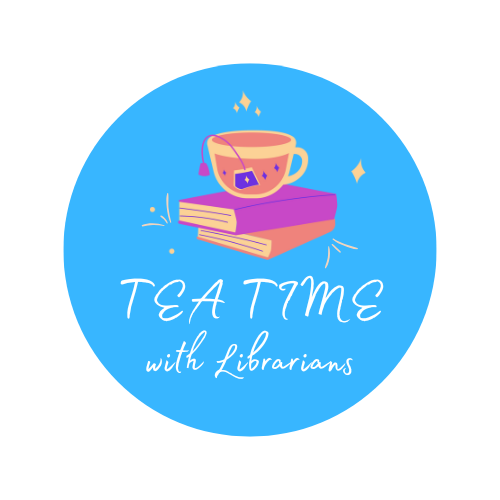
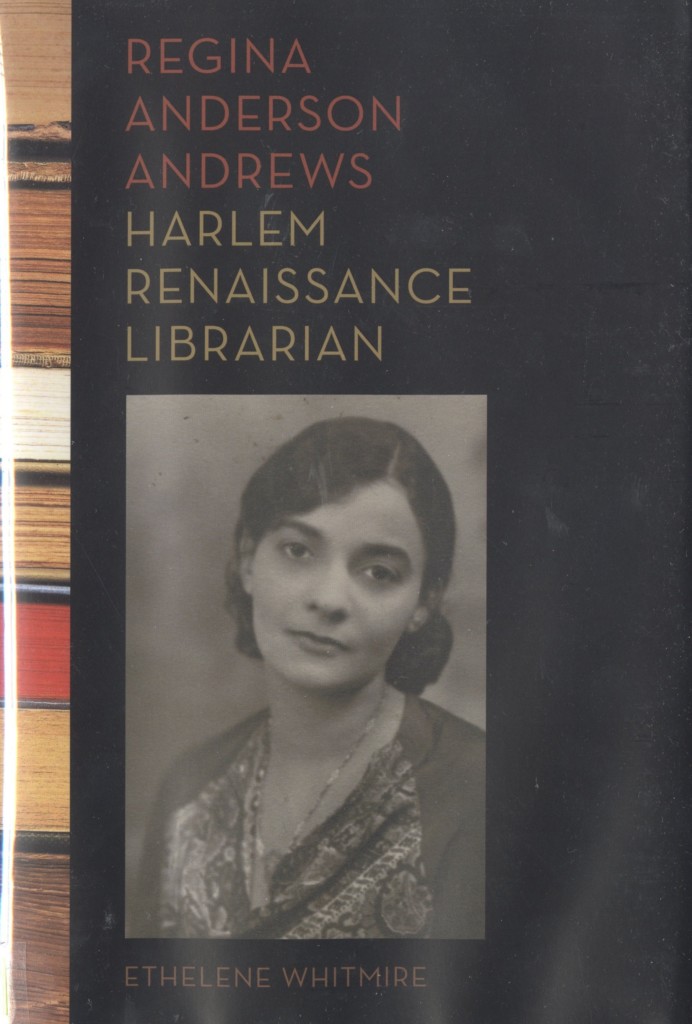



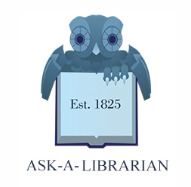



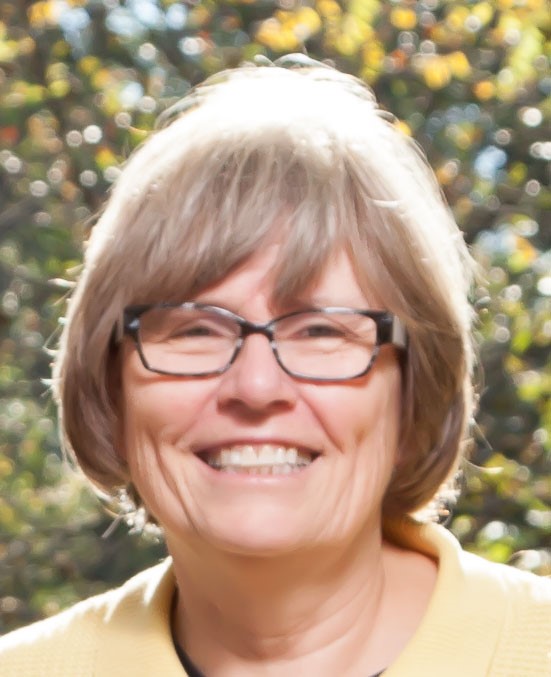

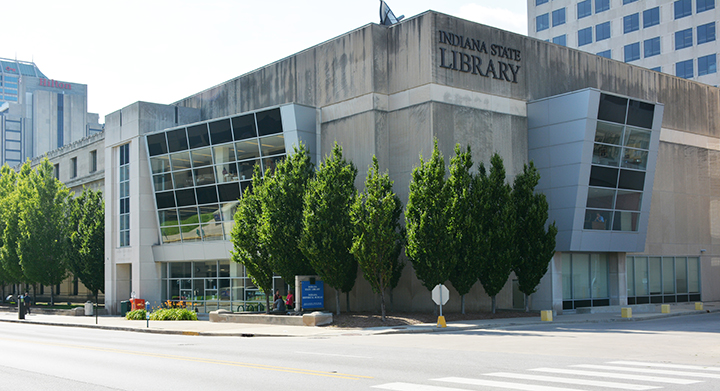
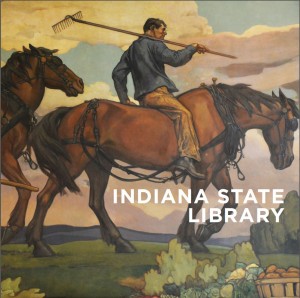

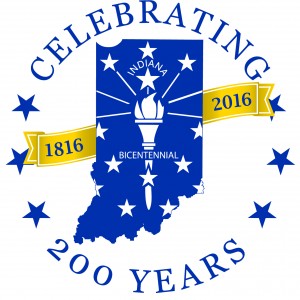
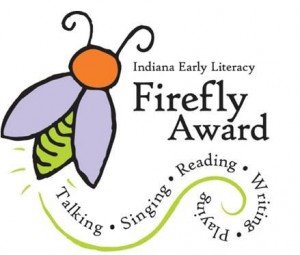
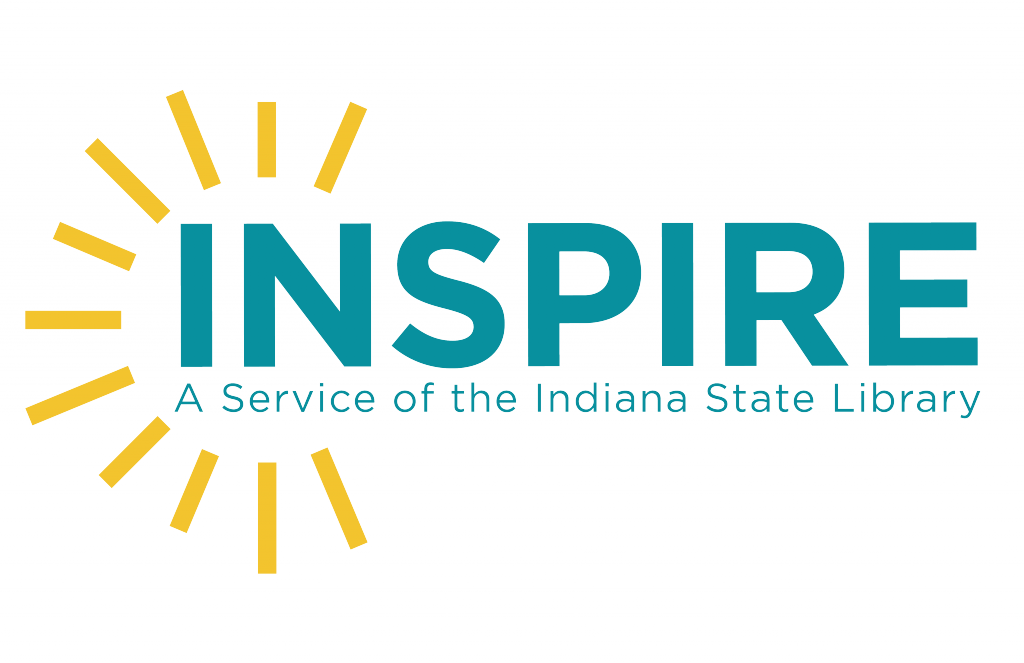 Here’s where
Here’s where 